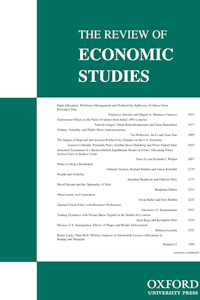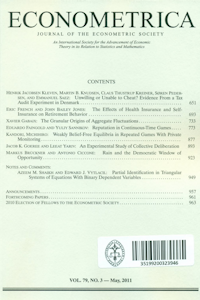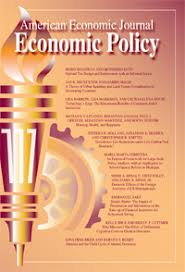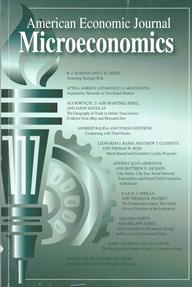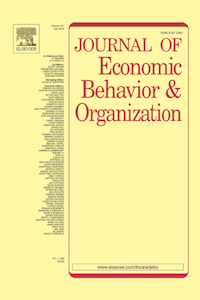
Fan, J., Friedman, D., Gair, J., Iyer, S., Redlicki, B. and Velu, C.
A Simulation Study of How Religious Fundamentalism Takes Root
Journal of Economic Behavior and Organization
Vol. 192 pp. 465-481 (2021)
Abstract: Religious fundamentalism is observed across the world. We investigate its roots using agent-based simulations of religiosity dynamics in a spatially dispersed population. Agents’ religiosity responds to neighbors via direct interactions as well as via club goods effects. A simulation run is deemed fundamentalist if the final distribution contains a cohesive subset of agents with very high religiosity. We investigate whether such distributions are more prevalent when model parameters are shifted to reflect the transition from traditional societies to the modern world. The simulations suggest that the rise of fundamentalism in the modern world is aided by weaker attachment to the peer group, greater real income, and less compatibility between religious and secular goods, and arguably also by higher relative prices for secular goods and lower tolerance. Surprisingly, the current model suggests little role for the rise of long-distance communication and transportation.
Keywords: Fundamentalism, Club Goods, Agent-based Models
JEL Codes: Z12, D79, D85, H49
Author links: Sriya Iyer
Publisher's Link: https://doi.org/10.1016/j.jebo.2021.10.017 ![]()

